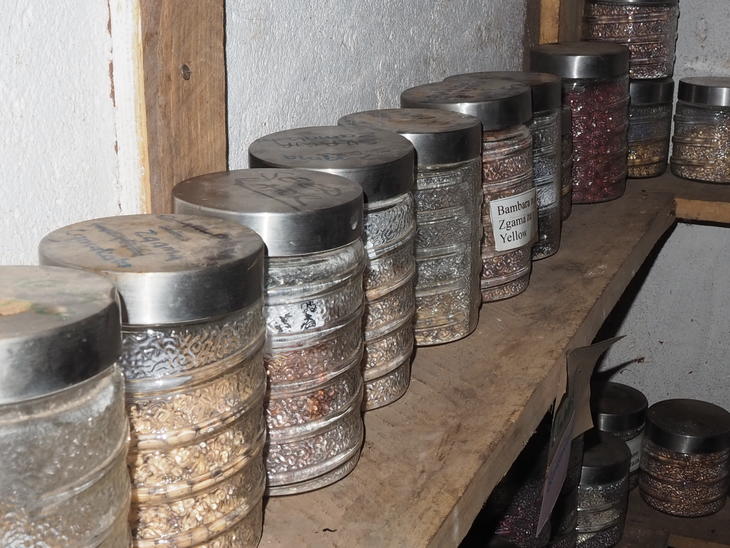
Option 5A
Support and safeguard community biodiversity management and/or other practical activities of farmers and farming communities for in situ/on-farm management of PGRFA.
Community biodiversity management is an integrated approach to the conservation and sustainable use of PGRFA, which combines practical activities with empowerment of farming communities to strengthen them in their role as local managers of PGRFA. Activities may include documentation, monitoring and exchange of local PGRFA as well as their use in breeding and/or value creation. Similar activities may also be pursued in in situ/on-farm conservation projects.
Farmers’ seed systems and management, including their practices to save, use, exchange and/or sell seed, subject to national law and as appropriate, are at the core of such approaches. Effective protective measures may be required to ensure that PGRFA managed by farmers in situ/on-farm are not affected, for example, by uncontrolled pollination with genetically modified (GM) crops, or by other biotechnological applications that may have negative impacts on in situ/on-farm conservation and management of PGRFA.
Approaches for community biodiversity management or in situ/on-farm conservation may be considered in national or communal/local action plans, including in the context of biodiversity conservation, rural and agricultural development. Funds may be provided through national programmes and/or donors to address identified needs of farmers and farming communities, including women, men and youth, and enable them to continue and expand their activities, e.g. through capacity development, sharing of good practices, income-generation or investments in education and rural infrastructure, such as locally based training centres.
Example(s) of possible measures:
- Community based on-farm conservation and sustainable use of PGRFA (Bhutan/Asia). Click here
- Strengthening community resilience through in situ conservation and management of crop diversity for food security (Cuba/Latin America and the Caribbean). Click here
- La chacra – an alternative for the rescue, conservation and use of agrobiodiversity in Amazonian villages (Ecuador/Latin America and the Caribbean). Click here